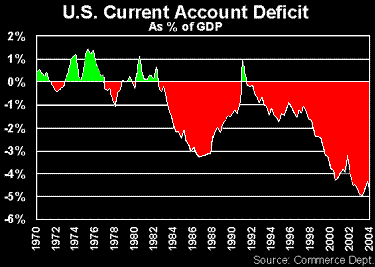Granny Caps Cops
November 24, 2006
 It goes without saying that the late Kathryn Johnston, a heroic 92-year-old pistol-packing Atlanta resident, had every right and reason to open fire on the goons who were in the process of breaking down her front door. But they were the law, so they shot her dead.
It goes without saying that the late Kathryn Johnston, a heroic 92-year-old pistol-packing Atlanta resident, had every right and reason to open fire on the goons who were in the process of breaking down her front door. But they were the law, so they shot her dead.Armed to the teeth, wearing bulletproof riot vests, and carrying riot shields, these big, “brave” men killed a very old lady in her own home. She was armed with a “rusty old revolver,” meant to repel the neighborhood rapists and drug dealers.
The goons have backup. Although neighbors say Miss Johnston lived alone, the Assistant Chief of the Atlanta Police Department and the County district attorney are claiming their “undercover officers bought illegal drugs from a man at the house in the afternoon and … the officers returned in the evening to execute a ‘no knock’ warrant, which is used in cases where officers believe that a suspect may have time to hide evidence or escape if given time to answer the door.”
According to FMNN columnist, Radley Balko a ‘no-knock’ raid occurs when police forcibly enter a private residence without first knocking and announcing that they’re the police.
These raids are often launched on tips from notoriously unreliable confidential informants. Rubber-stamp judges, dicey informants, and aggressive policing have thus given rise to the countless examples of ‘wrong door’ raids we read about in the news. In fact, there’s a disturbingly long list of completely innocent people who’ve been killed in ‘wrong door’ raids.
No-knock raids are typically carried out by masked, heavily armed SWAT teams using paramilitary tactics more appropriate for the battlefield than the living room. No-knock raids have been justified on the flimsiest of reasons, including that the suspect was a licensed, registered gun owner (NRA, take note!).
The protocol followed nowadays, pursuant to a succession of lousy court decisions, is for the police to announce themselves, wait a couple of seconds, and then force the door. Imagine how scared and confused a 92-year-old woman would have been. She probably knew nothing about the “no-knock” abomination and failed to spot the “comforting” sight of the marked patrol car in front of the home she thought was her castle, but was in fact the government’s. Read more...





 Ever wonder exactly what your elected representatives are wasting your hard-earned money on? Keep an eye on Congress with
Ever wonder exactly what your elected representatives are wasting your hard-earned money on? Keep an eye on Congress with 







